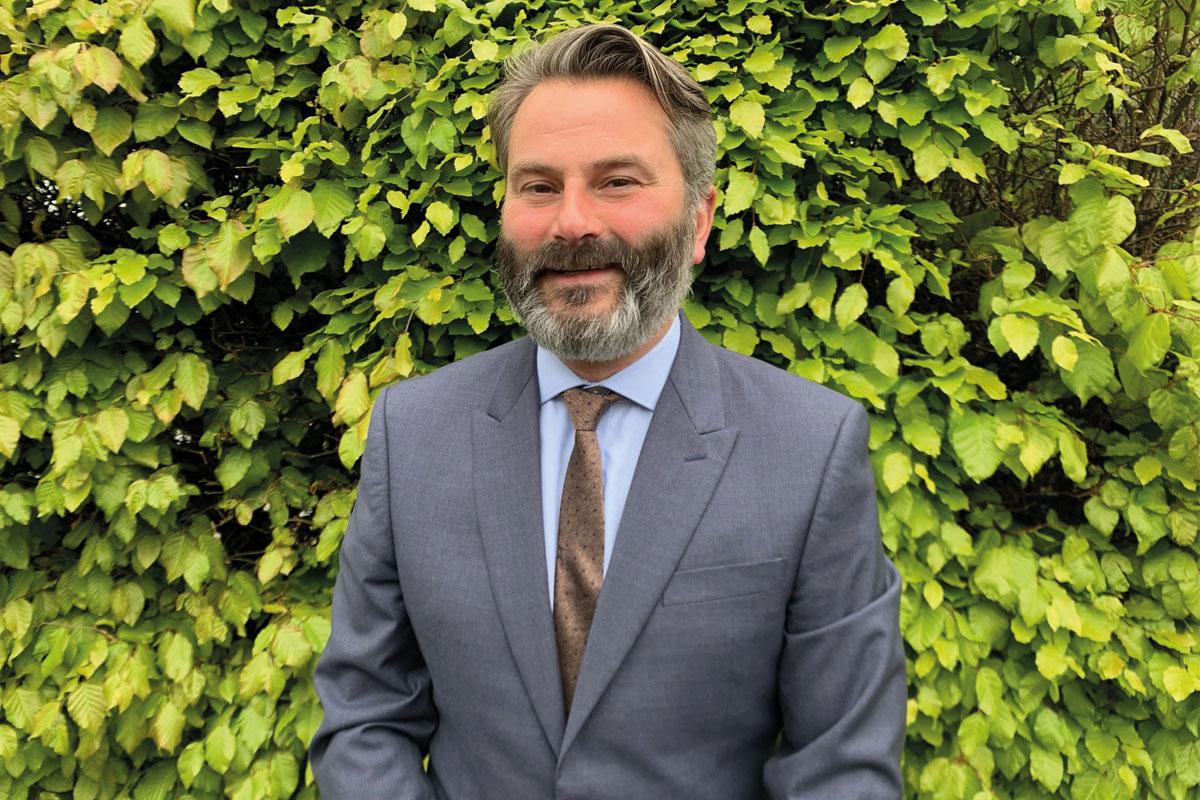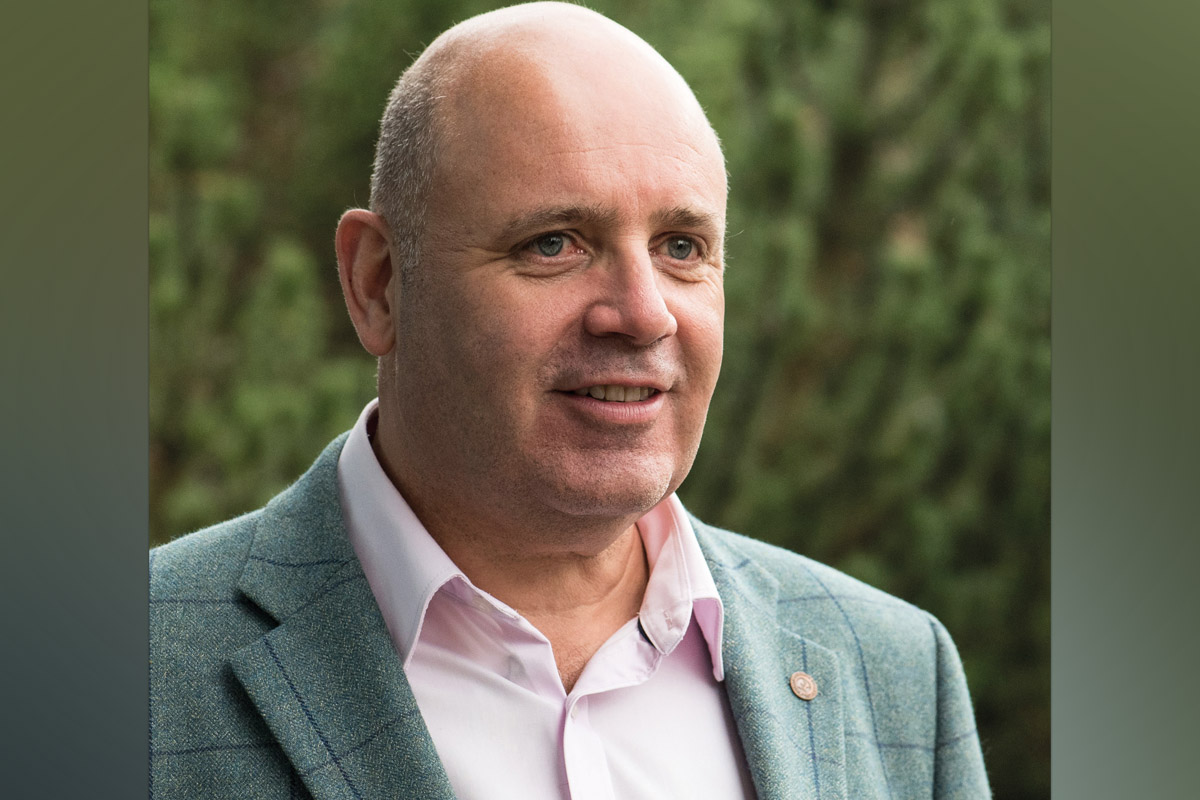 Politicians must now put aside ideology and take practical steps to ease trading relations with the European Union – and in turn deliver a boost to Scotland’s hospitality economy.
Politicians must now put aside ideology and take practical steps to ease trading relations with the European Union – and in turn deliver a boost to Scotland’s hospitality economy.
That was the conclusion of a top-level workshop of hospitality and cultural industry leaders, held in Glasgow this week, where speakers agreed that Boris Johnson’s ‘oven-ready’ Brexit agreement with the EU had entirely ignored the practical needs of the hospitality sector.
The top-level gathering identified a ‘menu of issues’ an incoming government at Westminster should take action on as a matter of urgency – in particular lowering the barriers to the free movement of workers to and from the European Union.
Between them, the culture and hospitality sectors in Scotland employ over 260,000 people and contribute over £10 billion annually to the economy. According to the chair of the European Movement in Scotland, David Clarke, politicians must be made to understand the huge economic importance of these sectors.
“It’s time to push ideology aside and for government to focus on practical reforms that are critical to the financial health and cultural well-being of the nation,” said Clarke.
Addressing the labour supply, UKHospitality Scotland executive director Leon Thompson pointed out that post-Brexit programmes launched to bring more UK citizens into the hospitality sector had not been enough to fill the gap left by excluded EU workers, and there remained a significant number of vacancies, with chefs in great demand, along with experienced managers and other specialists.

“UKHospitality Scotland members operate 14,000 venues across Scotland,” said Thompson. “We are in every community, providing services, jobs and economic growth. To help ensure businesses can trade at their optimal level we need support from our governments.
“For example, simplifying and reducing the costs of the worker visa system, streamlining the skills and training landscape, and extending the existing Youth Mobility Scheme to the EU 27 would all greatly assist our businesses to expand and invest.”
Chief Executive of the Scottish Tourism Alliance, Marc Crothall, spoke about the ambition of Scotland’s tourism and hospitality industry to be a 21st Century world leader – and the political changes needed to make that happen.

“We have many outstanding cultural assets, great provenance, and, most importantly, fantastic people.,” said Crothall. “But if you visit and can’t access or enjoy either because there’s just not enough staff to service the demand then that’s a big problem. For many businesses staying competitive and being fully open is a huge challenge.”
Deputy director of the Fraser of Allander Institute at Strathclyde Business School, Emma Congreve, argued that there could be a case for a special Scottish scheme that would make it cheaper and easier to recruit people from the EU – but added: “There would have to be a willingness for change and cooperation between the London and Edinburgh governments.”
Looking at the flow of talent in the other direction, it was highlighted that the many musicians, performing artists and technical support specialists who had cut their teeth in Scotland’s vibrant live entertainment sector were now being denied career opportunities in the EU.
Claire Moran, of the Glasgow based audio-visual company, Cryptic, said a lot of musicians had experienced ‘massively reduced’ incomes, because of lack of touring opportunities in the EU, and the costs and time involved in getting visas.
“Cryptic has toured all over the world and across the EU,” said Moran. “Ours is often a collaborative business, which has become much more challenging since Brexit. It’s essential we don’t deter musicians from touring to the EU or coming to Scotland to perform due to the extra costs and paperwork. We need to ensure we remain European in all that we do.“
Katrina Brown of The Common Guild warned against the ‘creeping parochialism’ engendered by Brexit’s barriers: “Culture and the Arts are central to visitor attraction and the wellbeing of the country. We must now work harder not to become isolated from Europe. Our position as an attractive cultural destination is in danger and we need measures to give us a more secure future.”




















